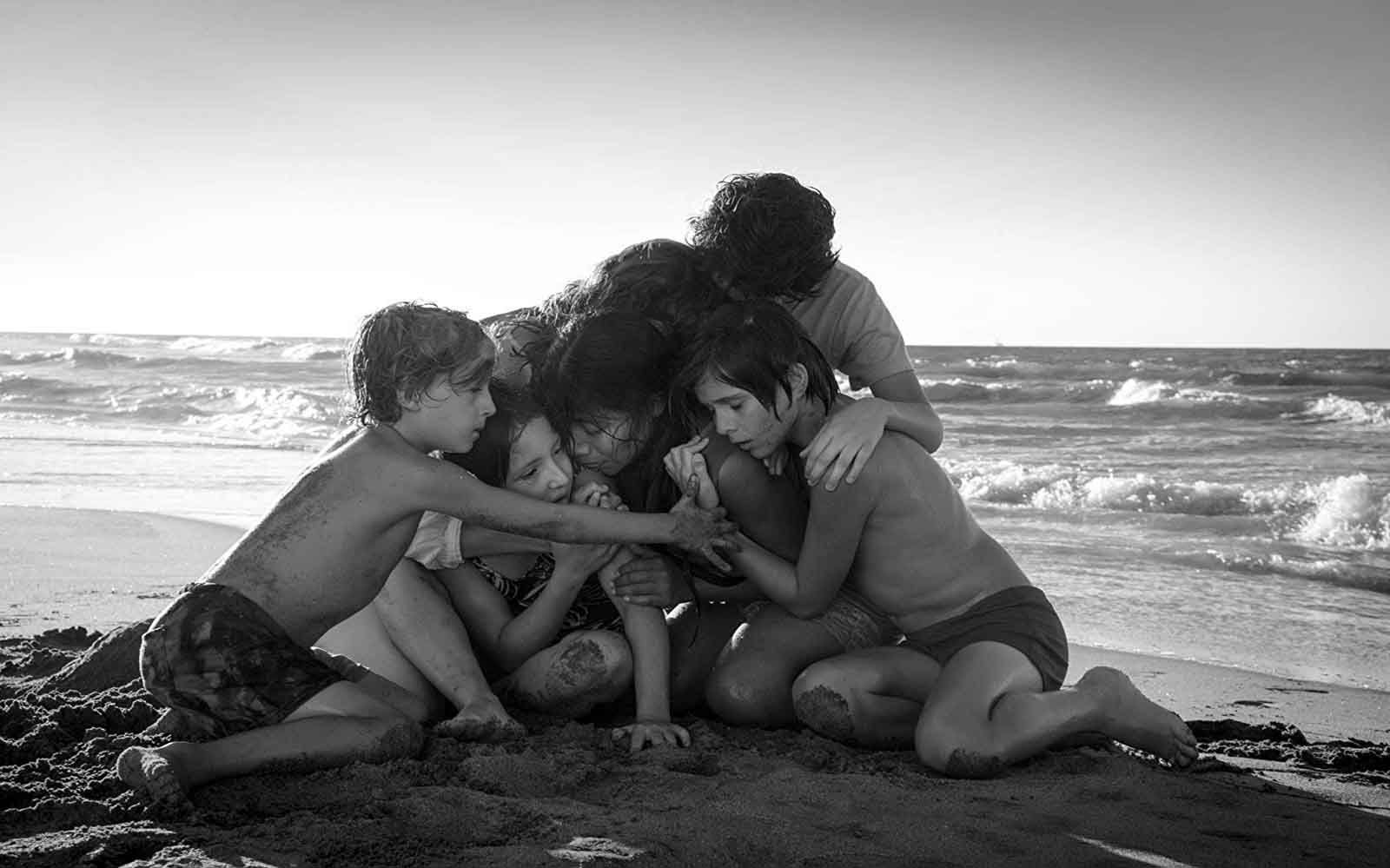
It’s been 18 years since Alfonso Cuarón made his last Spanish-Language film (Y tu mamá también). Now, he presents his most personal movie to date: Roma, released on Netflix on December 14 and screened in Colombian independent movie theatres.
The eighth movie of the lauded Mexican director stands out as a representation of his personal memories. It is a film that avoids sentimentalities and instead offers a subtle commentary on class and gender dynamics in Latin America.
Set in the early seventies, Cuarón tells the almost autobiographical story of a middle class family in the Roma neighbourhood of Mexico City, through the eyes of the maid Cleo (Yalitza Aparicio). Her character is inspired by Libo, the actual housekeeper of the Cuarón family even today.
Cuarón meshes together the technical photography and sound design know-how he picked up in his mega productions Gravity (2013) and Children Of Men (2006). He uses his well-known long takes, but in this case they are less spectacular but have much more narrative efficiency.
Related: Top-ten must see Colombian films
His visual style shows a deep understanding of how the human body interacts with the space around it, both inside and out in the city or countryside. Unlike his previous films, Cuarón refrains from showing off his filmmaking skills and, instead, relies on the sensitivity with which memories are portrayed.
Indeed, the way that the director recreates and gives meaning to his memories is precisely one of Roma’s high points. He edits and ties them together with the story of his family and the social context of 1971 Mexico. All of this while putting Cleo in the centre stage. It is the way she prioritises her own tragedies, and the ones of the family, against the backdrop of her everyday routine that make the story all the more relatable.
Through his aesthetic and narrative choices on how to depict the past, Cuarón challenges the viewer’s present. He raises questions about the longevity of social and gender gaps, and even more importantly, about the meaning of the word family beyond blood ties.
4/5 stars, on Netflix and in Colombian theatres now.






